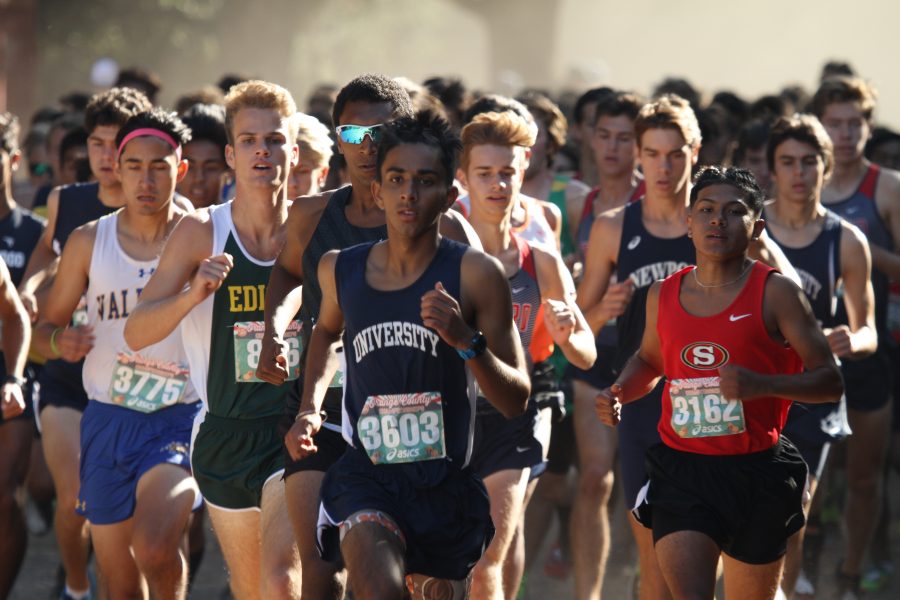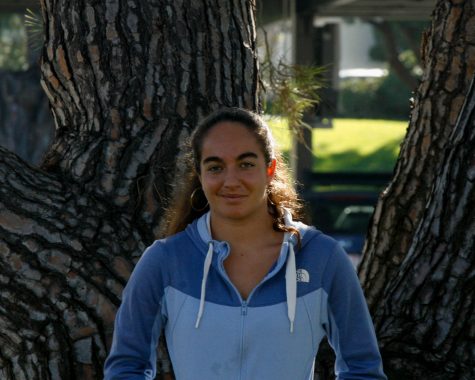Recruitment During A Worldwide Pandemic
September 8, 2020
While almost everyone has been impacted by the continued spread of the current worldwide pandemic, most students have not faced such uncertainties as our Trojan Athletes have. When the COVID-19 virus began to take an international stage, school closures, and questions about how to fight the virus became prevalent, it became clear that athletics would be severely impacted. High school students were immediately faced with practice cancelations and limited use of athletic facilities. On a higher level though, UNI’s top athletes, as well as those all over the country, realized their athletic futures could be affected by the NCAA’s response to the virus. Following CDC guidelines, the first major change came on March 12, when the NCAA announced the cancellation of all upcoming college winter and spring championships. Just one day later, the NCAA implemented a mandatory dead period, a time which no in-person contact, including official visits to a college campus, would occur. While competitions may still occur during this period, college coaches may not attend those to watch prospective athletes compete. These original restrictions to recruiting were only supposed to last until April 15th. Since that first restriction, these periods have been extended 5 times, the most recent extension set to last until September 30th. Although the cancellation of college championships have been devastating for college athletes, this restriction in recruitment has had the most effect on our top high school athletes.
In the past, recruitment calendars have been fairly steady, with few regulations. In a normal year after June 15th of an athlete’s sophomore year, college coaches were allowed to initiate contact with potential recruits. At that point, they could also travel to see athletes compete and make in-person contact. After August 1st of junior year, coaches could invite athletes on campus for official visits. For a prospective student-athlete, the most important part of recruiting would occur at the end of their junior season as they began going on official visits and meeting coaches at camps and clinics.
With the new dead period in effect, it is uncertain what the future holds for many of our rising seniors. Without being able to physically see a college coach or their prospective campus, it can be hard to decide whether their programs are right for them. One raising senior, Victoria Holmes, expressed how hard it was to not be able to visit a campus. She stated that it was “tough because if I were to try to commit to one of the colleges I’m talking to on the East Coast, I wouldn’t have enough experience… in terms of their weather and climate to make a decision that would force me to spend four years of my life there”. In addition to not seeing campuses and programs firsthand, the new regulations are hurting many athletes in terms of exposure. One of UNI’s incoming junior lacrosse players, Yade Cinar, expressed her disappointment towards the cancellation of competitions. Cinar said “Recruiters are more likely to attend showcases and club tournaments….and the termination of club events has prevented many athletes from receiving college exposure”. Another rising senior at UNI, Maya Rodrigues, said that for soccer, “COVID-19 and the dead period it did sort of mess up my recruitment process because I couldn’t attend any of the camps I had planned this summer”.
While in-person competitions and recruitment camps are on hold for now, most college coaches and prospective athletes are making the most they can out of digital means of communication. While the dead period forbids any in-person contact, coaches can still regularly call and email athletes. At the athlete’s request, coaches can also observe a workout, such as weight training, over platforms such as Zoom. So while we anxiously await to be back on the stands or on the fields, we know our UNI athletes are making the best they can out of this situation.





